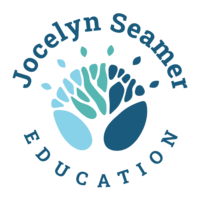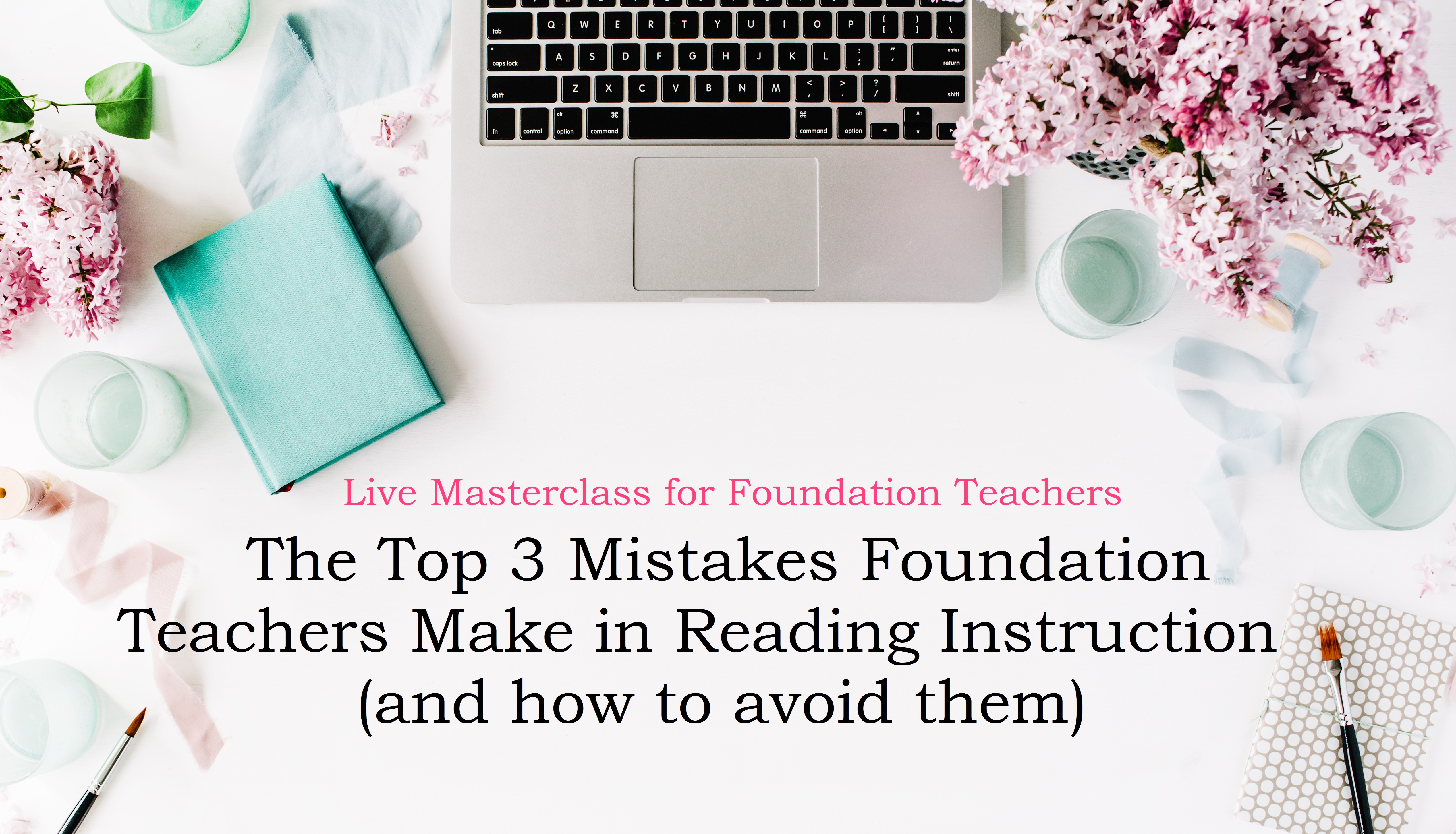The myth of 'no, one, best way' to teach reading

I recall seeing a current affairs show not that long ago where several preservice teachers were interviewed and asked the question “What is the best way to teach reading?”. Their response? “There is no one best way…” If you know anything at all about my work you’ll be able to imagine the look on my face when I heard that. You can probably also imagine that my verbal response was less than polite… These preservice teachers weren’t idiots. They weren’t uncaring or dismissive of best practice. They simply hadn’t been taught about the Science of Reading.
The myth that there is ‘no one best way’ is terribly unfair to teachers and has lead to many, many students reaching the end of the foundation year of school without the necessary skills to get on the path to reading proficiency.
What do I mean by confusion? Essentially, I mean that many teachers are still using out of date methods of reading instruction that really should be relegated to history. We now have so much research to inform us about how we learn to read that it should be impossible for anyone to be confused about the best way to teach reading in our classrooms. The effect of the myth of ‘no one best way’ results in everything being on the table. It means that we exhaust ourselves trying to provide every kind of learning known to teacher-kind. It also means that we are open to the steady diet of touchy feely, pie in the sky, make your heart melt nonsense that sneaks into our subconscious and creates the conditions that are ripe for us to not know which way is up or down.

Ever heard any of these comments?
“The be guide on the side, not the sage on the stage.”
“Children should be in charge of their own learning.”
“Provide engaging experiences and the children will draw out the learning themselves.”
“Cater for a range of different learning styles.”
“Give the children something to do, not something to learn.”
“The mind is a not a vessel to be filled but a fire to be kindled.”
“Just give them time and wait until they are ready to read.”
“We get children reading by making it enjoyable. Here, struggling reader, have a teddy bear.”
“They need more fun sight word games to be able to read fluently”
“Everything comes back around again in teaching”

All of the above lead us down the path of misunderstandings and misconceptions that get in the way of us providing the conditions and instruction for strong learning. A path that looks fun but actually makes it harder for children to learn to read. Sure, a few children in the class will learn to read with broad, light touch phonics instruction and having someone read to them each day. What of the other children? Well, let’s blame their parents for not reading to them enough. Let’s blame their socio-economic status or their gender or the parenting they received before coming to school. Let's also blame teachers (and if others don't do that, we certainly blame ourselves). But rarely do we suggest that perhaps we need to change something about how we teach children to read. Don’t get me wrong, when I say ‘we’ I don’t mean the teachers in classrooms, I mean the decision makers and power holders. There’s a huge ground swell of teachers asking for more up to date practices in their schools. There are many of us desperately wanting to know more and to do better, but are hampered by university lecturers and school leaders who are stuck in outdated practice, telling us to trust them and their experience (probably using some of the statements above).
But where does this leave us and our students? How do we know which aspects of our teaching are going to get the job done and which we should be letting go of? How do we know what mistakes we are making (and how to fix them) when there is so much conflicting information? That’s where I come in!

I am here to tell you that the quiet (or shouting) voice in your head telling you that there is something more effective isn’t wrong. I am here to tell you that you don’t have to be an expert in understanding research to put best-practice into action in your classroom. I am here to tell you that you aren’t a failure, you aren’t hopeless and that you CAN make the changes needed to get every child in your class on the path to proficient reading. I am here to tell you that I’ve been where you are now (whether that’s feeling completely lost, needing affirmation that you are on the right track, feeling hopeful for a brighter future, scared that someone is going to figure out any minute that you don’t really know what you are doing – I’ve felt it all!) and have come out the other side.
We all have our superpowers. One of mine is breaking things down into simple steps and showing you that what you seek is achievable. That’s why I’m bringing you a brand new masterclass - The Top 3 Mistakes Foundation Teachers Make in Reading Instruction (and how to avoid them). You can book your spot in this free session here.
I have also created a self reflection tool based on my new teacher guide - How to Teach Reading in the First Year of School. This guide is aimed at helping you get clarity on what aspects of your teaching are aligned with the reading science and what aspects you might need to tighten or adjust. Remember, greater clarity yields stronger results! As you wind down from 2020 I know that you likely can't help but turn your mind to the year to come. Take a moment to complete the reflection below, book yourself into the Masterclass and then chilax with a cuppa (or your beverage of choice).

If you would like to send me your reflection and goal setting sheet I'd be happy to take a look and give you a little feedback. You can get in touch using the link at the top of the page. You aren't alone in this teaching caper and you do have what it takes to get results for every child. I can show you how.



4 comments
I am so excited for the master class, however the conversion to my time zone puts it at 1am. Will it be recorded to watch later? Also thank you for your self reflection tool. Excited to be the best teacher for all my students!
Hi Tricia. I'm looking forward to it too!!! I have just scheduled a session at 8pm Central time on January 6th (in the US, Jan 7 in Australia. If that works better for you, you can book that session and I can take your name off the one you booked. Pop me an email using the link above and I'll fix it up for you. Take care, Jocelyn. .
Hi Jocelyn, I am sorry I missed this! Will you be running these again? Sincerely, Graduate Teacher.
Hi Sarah. This one won't be run again, but keep your eyes on the 'work with me' tab above as I will be adding new opportunities throughout the year. Take care, Jocelyn.
Leave a comment